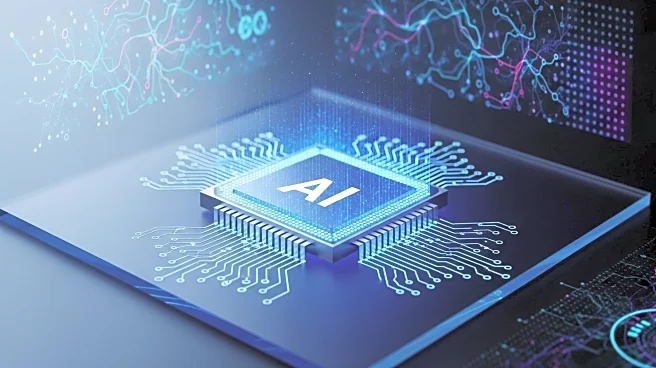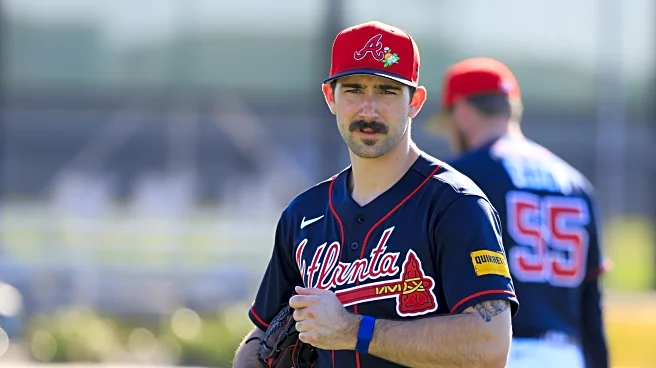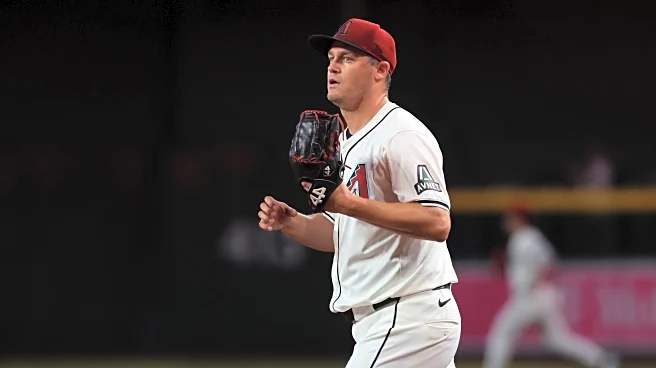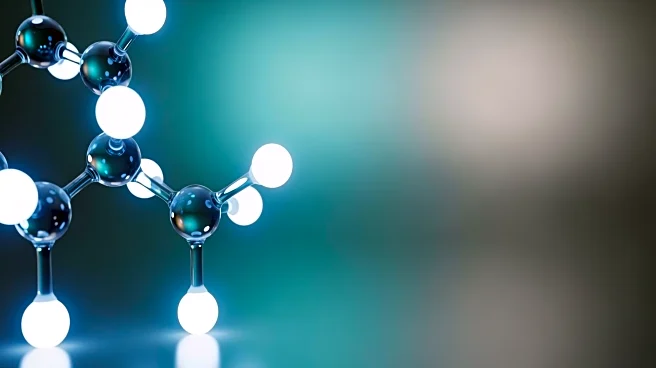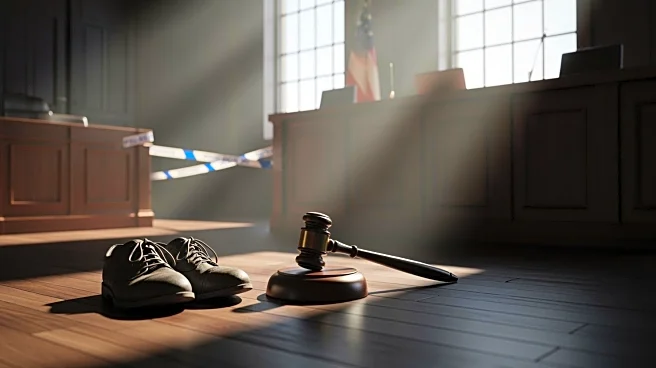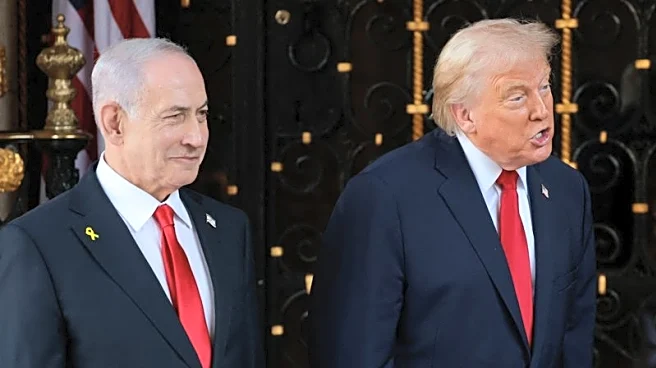What's Happening?
OpenAI has changed its policy for the Sora 2 AI video generation model, moving from an opt-out to an opt-in approach for copyrighted characters. This decision follows concerns from copyright holders about unauthorized use of their content in Sora-generated videos. OpenAI CEO Sam Altman announced the change, emphasizing that rightsholders will have more control over how their characters are used. The Motion Picture Association had called for OpenAI to prevent infringement, highlighting the company's responsibility to safeguard creators' rights.
Why It's Important?
The shift to an opt-in model for copyrighted content in AI-generated videos is crucial for protecting intellectual property rights. This change addresses the concerns of copyright holders and aligns with established copyright laws. By giving rightsholders control over their content, OpenAI aims to prevent potential legal issues and foster a more responsible use of AI technology. This decision could set a precedent for other AI platforms, influencing how they handle copyrighted material and interact with content creators.
What's Next?
OpenAI's policy change may lead to further discussions with copyright holders to refine the opt-in process and ensure compliance with legal standards. The company will need to address any edge cases where unauthorized content might still be generated. Additionally, OpenAI's users, who have expressed dissatisfaction with the new restrictions, may seek alternative platforms or adapt to the new guidelines. The ongoing dialogue between OpenAI and rightsholders will be crucial in shaping the future of AI-generated content.
